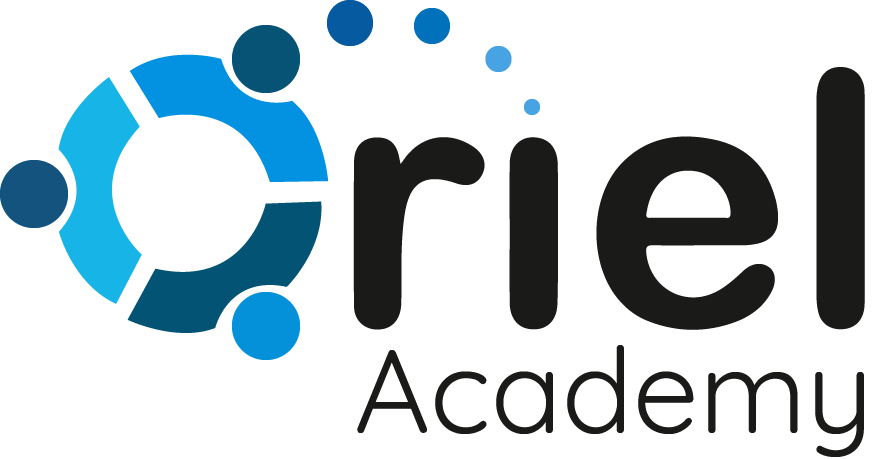Hard skills, such as being familiar with the latest technology or holding the perfect credentials, are absolutely essential in the fast-moving environment. But soft skills are the real game-changers when you’re trying to achieve lasting success in your job or business. These are the abilities that allow you to get along with others, communicate, and navigate the delicate web of human relationships that defines any workplace.
We at Oriel Academy think that soft skills are more than “nice-to-haves”—they are vital to success in the workplace and in life. Let’s take a closer examination of how soft skills are so important and how they can impact your professional life.
- Effective Communication: The Bridge to Strong Relationships
Communication is at the center of all that we do in the workplace. Whether you’re talking to a co-worker, clarifying your thoughts to a client, or presenting to a group, how you communicate has a direct effect on how your message is received.
Consider Elon Musk. His capacity to explain his vision simply—whether via emails, interviews, or presentations—has been one of the driving forces for Tesla and SpaceX. Musk is able to simplify intricate concepts and make them understandable, which is a major reason he’s been in a position to inspire investors, recruit top talent, and muster support for grand projects.
Effective communicators aren’t merely good public speakers; they’re also great listeners. They understand how to get their ideas across clearly, but they also listen to others, and that makes them better team players. If you can communicate effectively, you’re establishing trust and rapport, and that’s essential for any successful business or career.
- Emotional Intelligence: Understanding Yourself and Others
Emotional intelligence (EI) refers to the capacity to perceive and regulate your own emotions and to understand and impact the emotions of others. It’s all about establishing healthy connections with others and reacting suitably in a situation.
Consider Satya Nadella, Microsoft’s CEO. When he came on board, one of the first things he did was to move the company’s culture in a more empathetic direction, along with emotional intelligence. He asked employees to work together and create an inclusive environment. Nadella’s emphasis on empathy enabled Microsoft to expand by becoming a company where individuals felt valued and supported. This emotional intelligence contributed significantly to the growth of Microsoft into the tech giant that it is now.
Emotional intelligence is having a high emotional quotient, which makes you more affable and an effective team leader. It helps you to manage conflict, encourage people, and foster an atmosphere where everyone grows. Without emotional intelligence, working environments become hostile, with bad morale and excessive turnover.
- Adaptability: Embracing Change with Confidence
Change happens quickly in today’s world. New technologies, trends, and even world events can disrupt everything from daily operations to whole industries. Being able to adapt and remain flexible is more crucial than ever.
For instance, when the pandemic broke, companies all over the world had to make instantaneous decisions on moving to remote working. Companies such as Slack and Zoom expanded hugely because they swiftly adjusted to the new model of working, providing tools that assisted teams in being connected and productive.
Flexibility is a soft skill that guarantees that you’re not just getting through change but thriving as a result of it. If you’re able to adapt when circumstances require it and remain receptive to new concepts, you’ll be significantly better positioned to thrive, no matter if you’re developing new abilities, working with multicultural teams, or venturing into new markets.
- Problem-Solving: Finding Solutions, Not Just Problems
Problem-solving ability is worth its weight in gold in any role. It’s not just spotting problems, but thinking imaginatively and rationally to come up with solutions that fit.
Sara Blakely, the inventor of Spanx, is an exemplary problem-solver. She was frustrated at not being able to find comfortable and shapely undergarments and decided to take matters into her own hands. Although she was not from the fashion industry, Blakely utilized her ingenuity and determination to create a solution that transformed the sector and made her one of the youngest self-made female billionaires.
A problem-solver is a trait of all successful companies. Individuals who handle problems with a positive approach, offer real-world solutions, and think out of the box are the ones who innovate and bring companies to the top.
- Teamwork: It’s Not About “Me,” It’s About “We”
No one is alone at work anymore; we are connected in today’s interconnected world, and getting ahead quite often depends on your ability to collaborate with others. Whether it’s working as a team on a large initiative or coordinating with colleagues from other departments, collaboration is what matters.
Consider Google, for instance. The firm’s success can be attributed to its collaborative culture. Google encourages open communication, has employees share ideas, and embraces diversity of thought. Consequently, its teams have managed to develop innovative products such as Gmail, Google Maps, and Android.
Being a team player is more than being able to get along with people. It’s about actively contributing, helping out your colleagues, and recognizing that your success is linked to the group’s success. When you work well in a team, you accomplish more, develop better relationships, and foster an environment where innovation is encouraged.
- Time Management: Getting Things Done, Without the Stress
With constant distractions around us today, effective time management is a key soft skill. Being efficient in prioritizing what you have to do, resisting procrastination, and concentrating can assist you in doing more, cutting stress, and maintaining the top on deadlines.
Consider Tim Cook, Apple’s CEO. With his notoriously meticulous attention to detail, Cook is also a time-management guru. He wakes up at 3:45 AM daily, according to reports, to begin work, maximizing every hour of his day. This strict regimen has served him well in running a company worth more than $2 trillion.
Time management is crucial not only for personal productivity but also for overall health. Individuals who are proficient in time management are generally more organized, less stressed, and more effective in their positions.
Conclusion: Soft Skills are the Secret to Unlocking Your Potential
Technical qualifications and expertise are significant, but only part of the mix. Soft skills distinguish you from the crowd in your profession and are frequently the catalysts of sustained career prosperity and business success. They help you to communicate clearly, negotiate, deal with change, and problem-solve imaginatively.
At Oriel Academy, we understand the value of these skills and provide programs to assist you in developing them so that you are not only ready for the challenges of the modern workplace but also poised to excel in the future.
Ultimately, it’s not what you know, but how you engage with the world. Becoming a master of soft skills can enable you to establish the career or business of your dreams and achieve long-term success in all areas of your life.





